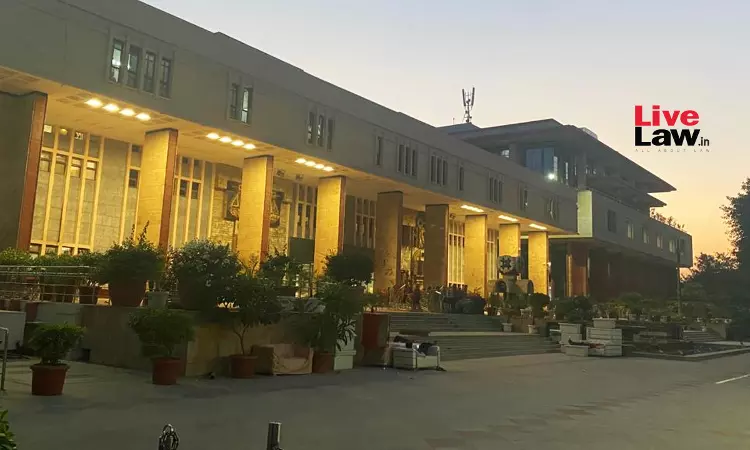How Can Litigants Verify Authenticity Of Judicial Orders? Delhi High Court Issues Directions In Suo Motu Case
Nupur Thapliyal
15 March 2024 10:58 PM IST

Next Story
15 March 2024 10:58 PM IST
The Delhi High Court has initiated a suo motu case after a forged and fabricated judicial order was allegedly handed over to a female undertrial prisoner by the jail visiting advocate.While ordering an inquiry into the matter, Justice Swarana Kanta Sharma issued various directions to the concerned stakeholders, including the general public, to verify the authenticity of judicial orders and...
